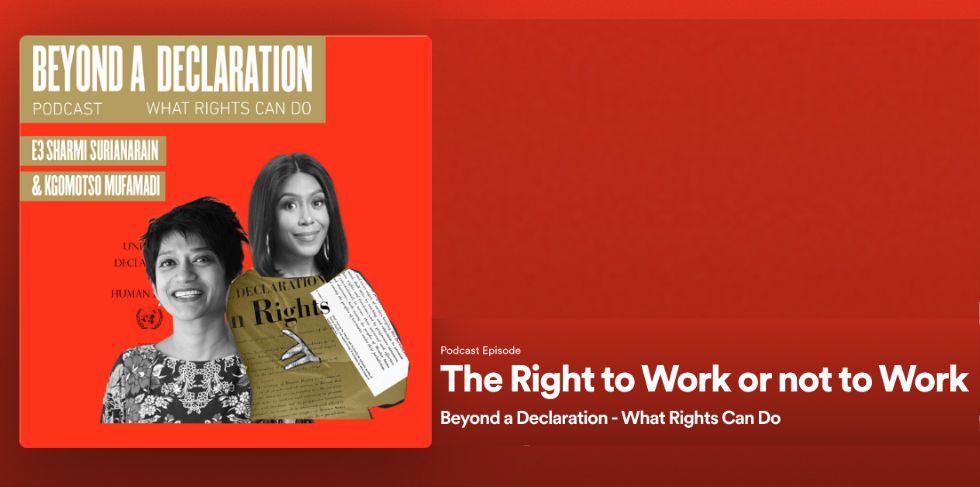KFC has been one of our anchor employers since 2014, with us providing candidates for team member roles such as kitchen workers, cashiers and front-of-house staff. We were delighted when KFC asked us to work with them on sourcing and preparing candidates for the role of shift supervisor.
Traditionally they had placed new employees into entry-level team member positions for three to six months and those with the potential to become shift supervisors would be flagged. If they then matched a set of behavioural competencies and passed a global shift supervisor assessment, they could be converted to shift supervisors.
KFC wanted candidates who could meet these requirements at the outset and be placed directly into shift supervisor roles.
We set to work assessing 43 Harambee candidates using the global KFC shift supervisor assessment. Only 3 of them passed. A bridging programme was clearly required.
To design a bespoke KFC work-readiness bridging curriculum, a team of our people spent time in the company diagnosing what was required of supervisors. We knew that we had to immerse candidates in the types of issues that shift supervisors routinely deal with: preparing shift rosters, hygiene, store profitability, HR and labour issues like absenteeism and poor performance, and management style.
Unlike our traditional structure of a retail and hospitality bridge, this one differed by requiring candidates to deal with issues themselves rather than deferring to the bridging manager. The bridge wasn’t all simulated; candidates also dealt with typical supervisor issues that arose during the bridge, such as late-coming. In giving them direct responsibility, we gave them their first management experiences.
At the end of the bridge the candidates wrote the shift supervisor assessment and although there was a marked improvement in the pass rate, only 20 of the 60 passed. Our next step was to put candidates on our self-directed learning programme, ‘Step-Up’, on a three-day supervisory training module before we put them on the five-day work-readiness bridge.
We also focused on understanding where candidates were falling down on the KFC global assessment. With only 20 questions and requiring a pass rate of 75%, the margin for error was low. We discovered how something as basic as not using simple English had become a barrier to hiring young work-seekers from disadvantaged backgrounds.
Once our bridge was adjusted to meet the unique needs of our local market, the pass rate improved dramatically and candidates were able to shine.
We then worked closely with the KFC HR team to define the qualities they wanted in shift supervisors: leadership, ambition, business acumen, and communication. Using the principle of past behaviour being the best predictor of future behaviour, we then designed a screening questionnaire. This is administered in addition to our standard screening criteria in order to identify good matches before the investment in bridging is made.
KFC is now hiring significantly more supervisors in one intake than they have in the past but this is not the end of the story.
Unlocking a solution for supervisory skills in this sector is important not just because of scarcity of staff at this level. Young people are not attracted to jobs in retail and hospitality; the environment is demanding and the sector is not seen as offering potential for career growth and development. Success stories such as candidates going directly into supervisory positions, plus those who progress further, is evidence that the sector does offer opportunity.
There’s another important aspect to this. The availability of strong, capable first line managers and supervisors is essential to transforming the sector. It is because of weaknesses at this level that the sector is perceived negatively and suffers from high staff attrition. Ultimately then, a solution that provides good supervisors in the sector has better outcomes not only for employers but for South Africa’s young people too.




 Stay Connected
Stay Connected

